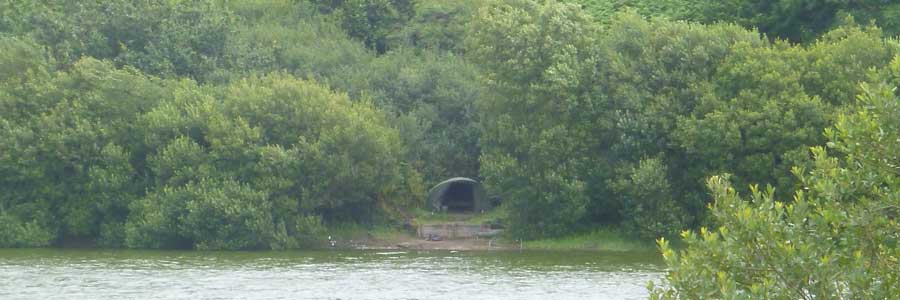We'll all learn hard lessons about the (un)wisdom of coming out of lockdown because The Economy needs us.
We won't realise the worst of what's happening until November, when the reporting catches up with the reality. Then there'll be a political bloodbath.
Central government paid us to go out to lunch, et cetera, urged us back to work, and insisted that we send our children back to school - just in time for the virus to meet them, and their teachers, and their parents, at the school gates. Children don't mean to spread viruses, but in the language we've all learned, they're a vector.
Local lockdowns will shift the balance of power from central to local government. Roads will likely be closed to all but essential traffic. We'll all be told to stay at home, and The Economy will mutate into an inefficient system for distributing limited welfare.
Out of necessity, we'll build a new normal.
In the more extreme version of this scenario, Cornwall (for example) develops its own currency based on a barter system, and closes its coastal waters to fishing vessels from elsewhere. To protect stocks, only licensed Cornish fishing vessels can use their engines while fishing.
Cities empty. The population continues to fall. Farms and smallholdings across the patchwork of local-authority fiefdoms recruit migrant ex-Heads of Structured Finance (EMEA) and Global Risk Management Professionals to help with their seasonal picking.
Banks, food-banks and supermarkets merge. Regional police authorities and other such bodies come under local-government control. Parks and green spaces are dug up and planted with vegetables.
By next Spring, we're all outside, working on our gardens and allotments, toughened by the Winter, browned by the sun, fitter than we've ever been, and immune to everything our immediate local area can throw at us.
We don't travel. There are taboos against travel.
We're sad, because we're all bereaved, but we're also happy.
We're the survivors, and we've found purpose.
Walked past the "Follywood" sign this morning. Read about it here, for example. Nestled into the side of a medium-sized, mostly residential street in Falmouth, the "Follywood" sign faces the entrance to the Woodlane campus of our local university.
[Universities, I mean. In the same way that Star Wars Episode IV is actually the first film, our local university is actually two universities. But that's too much detail, right?]
In its pursuit of academic excellence, our local university put up the "Follywood" sign at roughly the high point of its drive to increase the number of fee-paying students it could attract. That was early 2016 or thereabouts. [What? Oh - £9,250 per annum now for a UK student, more for an overseas student, but you're not suggesting that a university would increase its student numbers just for money, are you?)
Across Falmouth, property developers responded to the university's pursuit of mass academic excellence by applying for planning permission to build student accommodation - and the planning authorities gave their answer.
To give you an example, when one application near here was opposed by everybody locally, from the local council to the fire brigade, a planning inspector was sent all the way from Bristol to declare that the application had been approved. Silly old us, getting it wrong like that.
Walked past the "Follywood" sign, and later, I'll be walking past that very building site. An open, empty space, flat concrete, gravel, a skip. No builders; the company hasn't come back. Brambles at the edges, first weeds showing, birds, bees.
We can't get in, because there are metal gates. But nature's hard at work, reclaiming the space.

